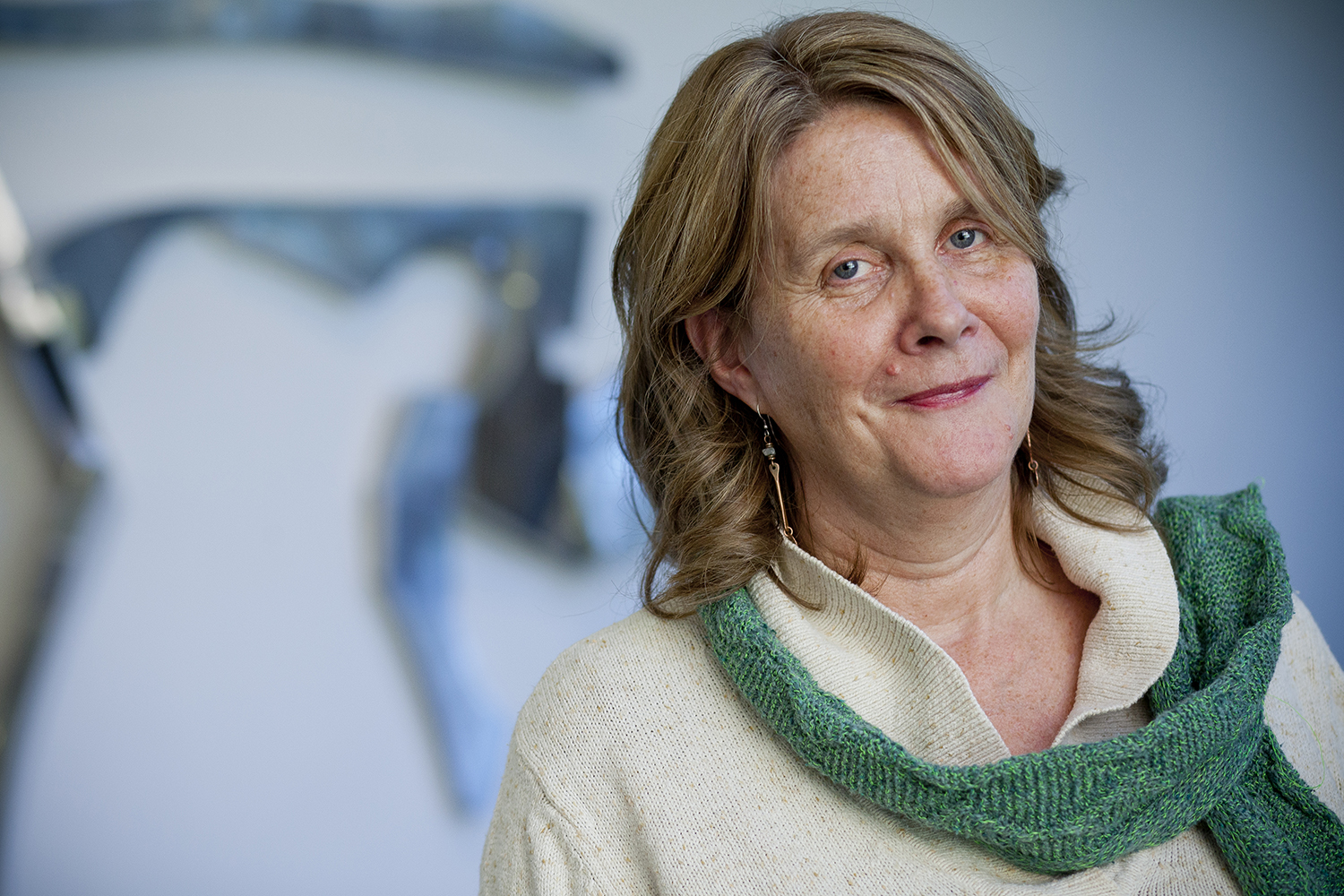
Students not only need to be aware of best practices for second language acquisition, but they need to keep up with sociocultural issues facing today’s non-English speaking population.
Professor
Students learn instructional strategies in teaching English to speakers of other languages across content areas following TESOL national standards for teacher preparation. Topics include teaching methods and techniques, planning integrated instruction, meeting the appropriate content area and TESOL standards, assessment and cultural issues in content-based instruction.
I want students to focus education language research in three distinct ways. We first explore the linguistic resourcefulness of literary discourse, with illustrations from poetry, prose and drama, as a valuable nexus to explore graphology, phonology, morphology and semantics. Second, based on a systemic functional linguistics perspective (SFL), we explore how language provides us with a pliable set of resources for use in different social and academic contexts. Based on this perspective, for example, we see how the patterned variations in vernacular English (e.g., AAVE and code switching) need to be validated in classroom discourse. Third, we explore how educational linguistics can assist in designing, implementing and reflecting on the literacy development of students in a variety of academic registers and contexts.
Over the past decade, my research, teaching and service have focused on exploring how best to support the literacy and language development of emergent bilingual learners in K-12 classrooms, especially in the current climate of high stakes school reform and anti-immigration discourses. Since arrival at the University of Georgia, I have published and developed courses in three overlapping areas that relate to this focus: systemic functional linguistics (SFL) and SFL-informed genre pedagogy, critical performative pedagogy (CPP) in multicultural teacher education and K-12 education contexts and critical discourse analysis (CDA). I have used these approaches as tools to research and challenge social inequity in schools.
